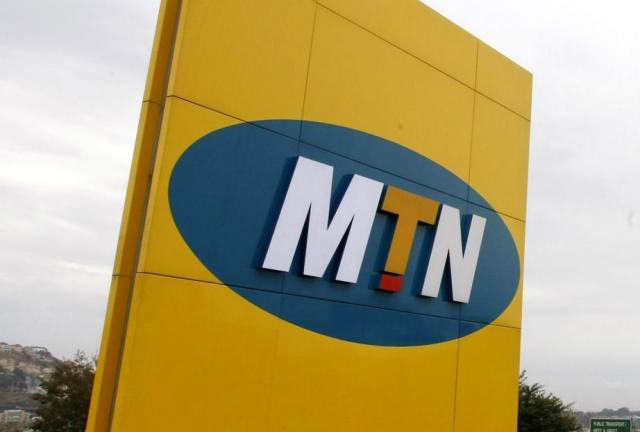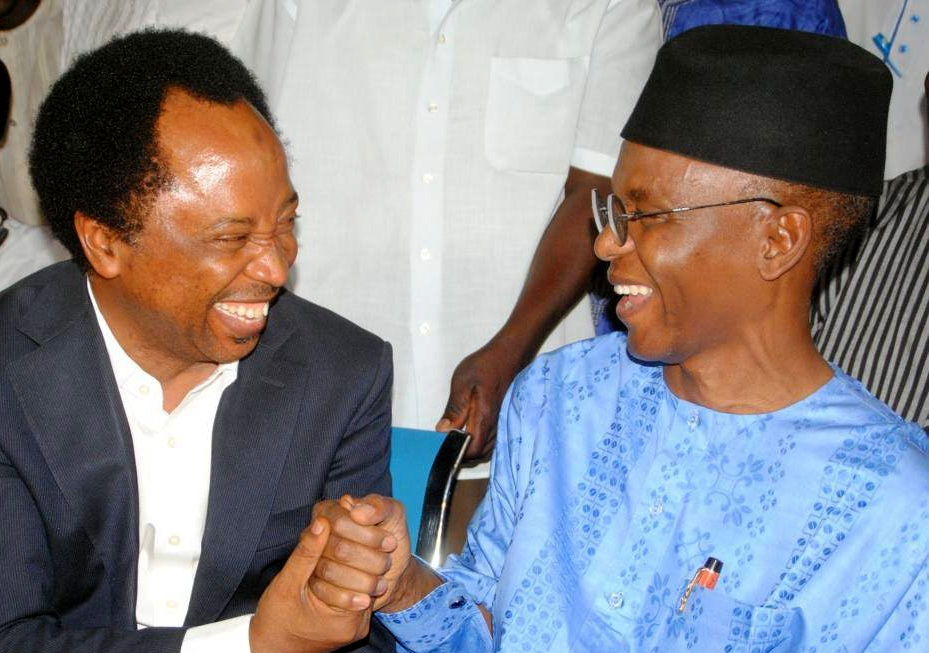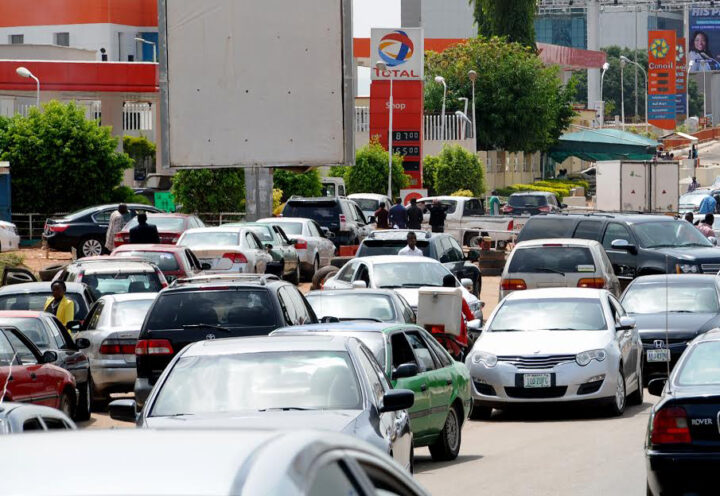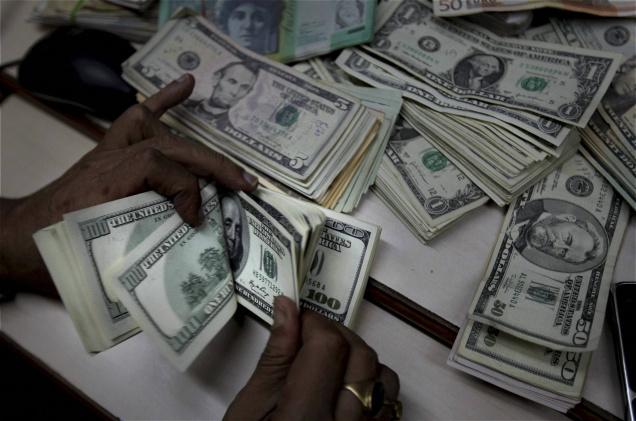The Kingdom of Saudi Arabia has announced plans to raise petrol prices by up to 40 per cent from Tuesday, cutting subsidies on petrol, diesel, kerosene and water.
Prices will also increase for electricity under the cuts, which were decided by the council of ministers headed by King Salman, the official SPA news agency is reporting.
The cuts would see the oil-dependent country sell petrol to domestic consumers at N47 (24 US cents) per litre, The Economist confirmed.
This development comes at a time when the country posted the highest budget deficit in its recent history at N19.4 trillion ($98 billion) in 2015, following the trend of dwindling oil prices.
Advertisement
In its 2016 budget, presented by King Salman on Monday, the deficit will be reduced in to N17.2 trillion ($87 billion), with the total budget at N44.4 trillion ($224 billion).
Like Nigeria, the Kingdom is forced to cut subsidies and resort to domestic and foreign borrowing in order to meet its budgetary obligation of funding deficit.
“The budget comes in light of lower oil prices and economic and financial challenges on regional and international levels…our economy, with the help of God, has what it takes to overcome the challenges,” King Salman said while addressing the nation.
Advertisement
According to Wall Street Journal, Saudi exports about seven million barrels of oil a day and those revenues make up around 90 percent of the government’s fiscal revenues, and about 40 percent of the country’s overall gross domestic product.
Although President Muhammadu Buhari has consistently refrained from making definite pronouncements on retention or removal of subsidy, the subject remains a contentious matter, particularly in the light of the ongoing scarcity of fuel.
In mid-December, Ibe Kachikwu, minister of state for petroleum resources and group managing director of Nigerian National Petroleum Corporation (NNPC), gave a strong hint that the federal government could remove subsidy, telling the federal house of representatives: “The federal government paid NNPC and marketers over N1 trillion to subsidise the consumption of fuel in 2015…
“The total subsidy figure for 2015 when taken along with the NNPC will be in excess of N1 trillion. We can get this specifics but the point is largely that it does not involve NNPC because the agency takes its off-cuff.
Advertisement
“We will work towards taking those figures off our budget in 2016. They are critical issues. The current pricing work we are doing had shown that there shouldn’t really be subsidy. The government doesn’t need to subsidise.”
Similarly, last week, the Revenue Mobilization Allocation and Fiscal Commission (RMAFC) urged the federal government to let go of fuel subsidy, describing it as a “fiscal burden”.
“It has become a major fiscal and financial burden to the nation and should therefore be discarded totally since the intended targets, the poor and middle income class, were often denied the benefits,” it said.
Advertisement
Add a comment







